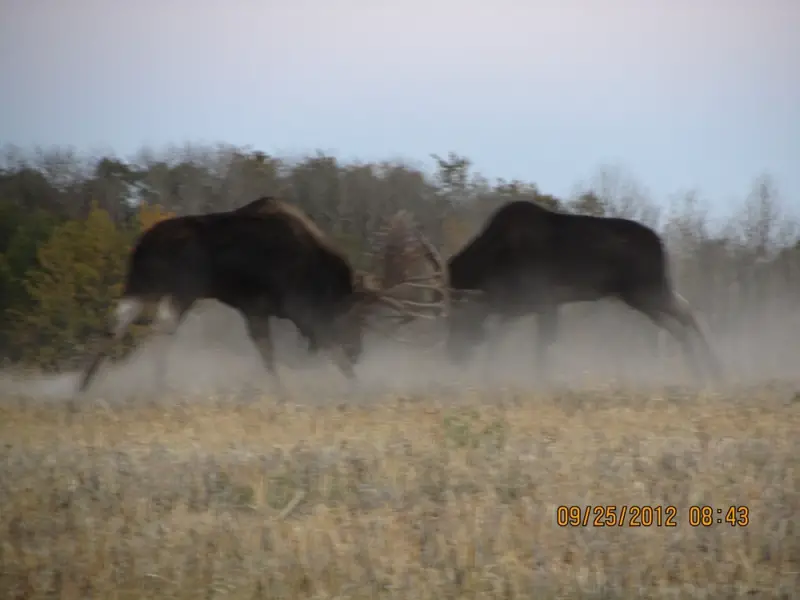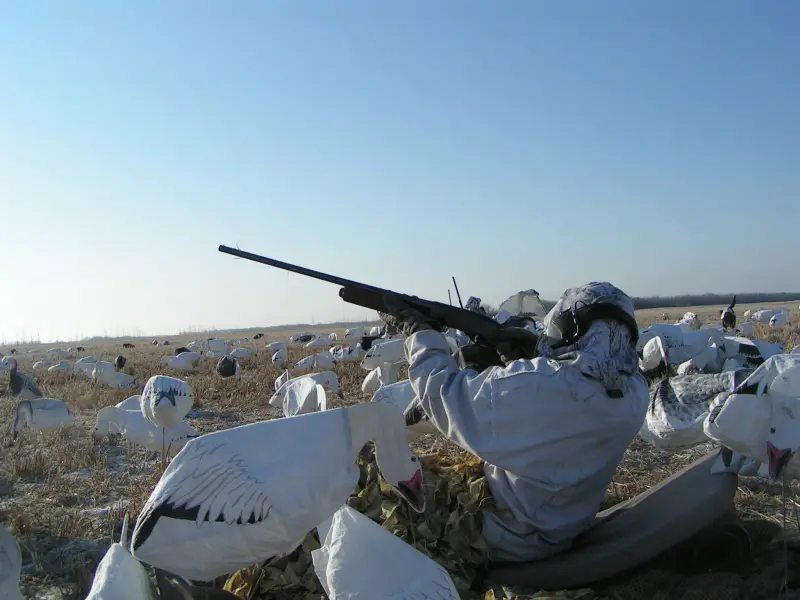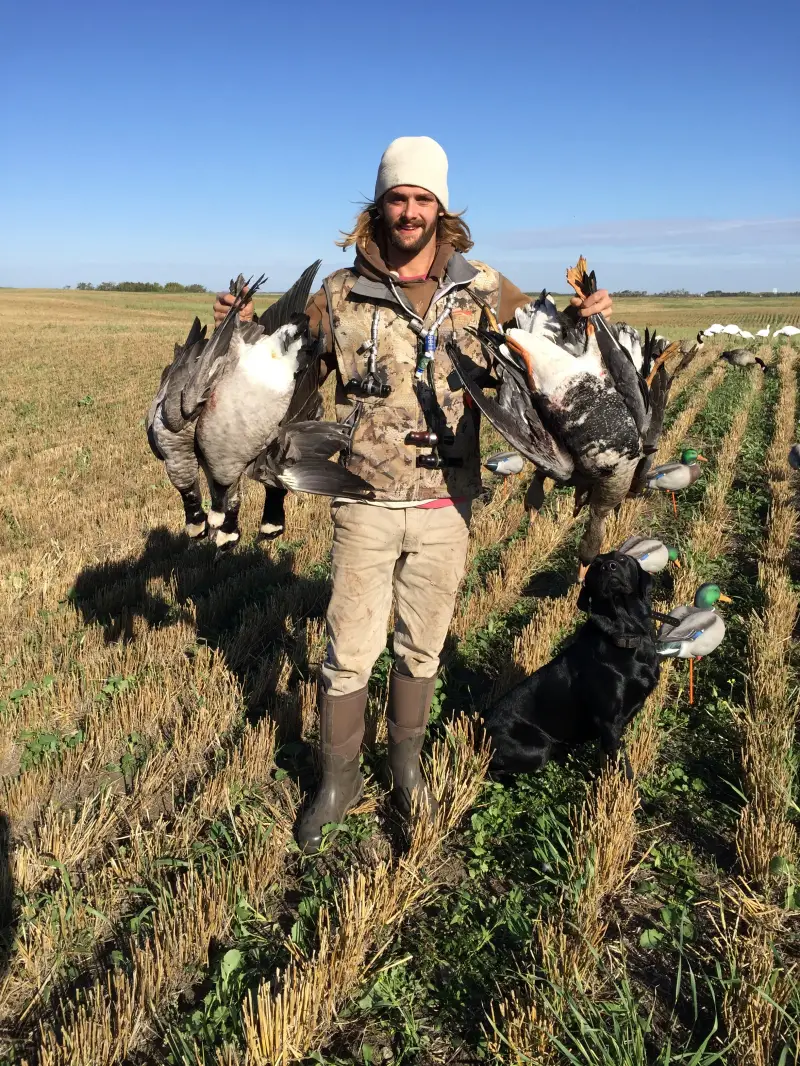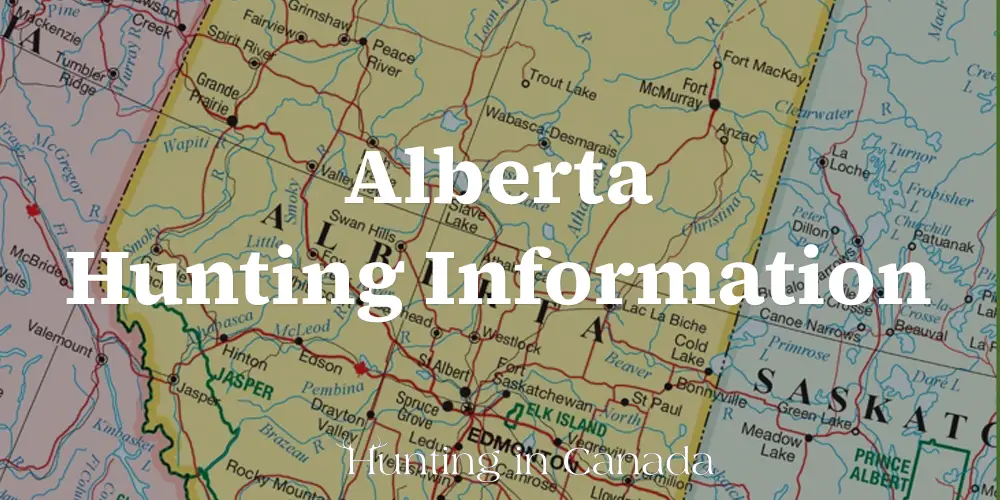Licence Requirements
Wildlife Identification Number (WiN)
Anglers and hunters in the province must have a 10-digit Wildlife Identification Number (WiN) in order to apply for draws, purchase wildlife certificates, licences and replacements.
Wildlife Certificate
In order to hunt game birds or big game in Alberta, hunters must have a valid Wildlife Certificate and the applicable hunting licence. While hunting, licences (whether paper or electronic) and applicable tags must be carried on their person.
Residency Definitions
1. Alberta Residents
Alberta Residents are persons who either:
1. have their only or primary residence in the province and
* They have resided in Canada for the twelve months period immediately preceding the relevant date, or
* They are Canadian citizens or are admitted to permanent residence in Canada. OR
2. They are on full-time service with the Canadian Armed Forces, and if an election were held under the Elections Act (Canada), they would be eligible to vote in Alberta under that Act
2. Non-Residents (Canadian)
Non-residents are persons who are not residents but who make their home and are ordinarily present in Canada, and who have resided in Canada for the twelve months period immediately preceding the relevant date.
3. Non-Resident Alien
Persons who are neither Residents nor Non-residents.
Licensing Requirements for First-Time Hunters
The first-time hunters are hunters who:
1. Have not successfully completed the hunter education course in the province of Alberta or somewhere else, or
2. Have not met Alberta first-time hunter criteria prior to April 1, 2010, or
3. Have not previously held a hunting licence in Alberta or somewhere else.
All new first-time hunters who successfully complete the Alberta Conservation and Hunter education course and have become qualified for obtaining recreational hunting licences will be required to provide their hunter certificate number on their WiN profile that is issued to all course graduates in order to be eligible to buy a hunting licence.
Non-Resident & Non-Resident Alien Hunters
While hunting in Alberta, if non-resident and non-resident alien hunters ( who are 12 years old, 10 years old for game birds, or older) are accompanied by a Designated Guide or a Hunter Host, they are exempt from the first-time hunter eligibility requirement.
Youth First-Time Hunters
In order to hunt under the authority of any hunting licence in the province, youth first-time hunters must be 12 years of age (10 years old for game birds) or older. If the hunter is under the age of 16 years, he must have written permission from a guardian or parent to buy a hunting licence.
Hunters 11 years of age who meet the above criteria may apply in the draws for licences. But their age must be 12 years anytime prior to or during the open season for this draw. They may not hunt till they are 12 years of age.
To hunt with a firearm, persons who are under 18 years old must be accompanied by a legal guardian, a parent, or by someone at least 18 years old who has the written permission of the legal guardian or parent. If a person turns 18 during the hunting season, he can continue to hunt using their valid licence.
Hunting Species
1. White-tailed Deer
2. Mule Deer
3. Moose
4. Elk
5. Cougar
6. Black Bear
7. Trophy Sheep & Non-trophy Sheep
8. Trophy Antelope & Non-trophy Antelope
9. Timber Wolf, Coyote, Red Fox, Red Squirrel, Badger, Bobcat, Porcupine, Rabbit, Hare, Raccoon, Woodchuck, and Skunk
10. Wild Turkey
11. Game birds which include Gray Partridge, Blue Grouse, Ptarmigan, Sharp-tailed Grouse, Spruce Grouse, Ruffed Grouse, and Male Pheasant
12. Migratory game birds
Hunting Seasons
The hunting season dates differ for each hunting species and hunting zone. For instance, the hunting season dates for the black bear are usually during the months of April through June and August through November.
The hunting season dates for cougar are usually during the months of August through March, while the hunting season for wild turkey is usually during May.
When it comes to moose hunting, their hunting season dates are usually during the months of August through December, and the trophy sheep hunting season dates are usually from August to November.
The hunting season dates for ruffed grouse, spruce grouse and blue grouse are usually from September to January. While for Ducks, Coots and Snipe, their hunting season dates are usually from September to December.
Hunting Zones
Here are a few hunting hotspots for black bear, whitetail deer and moose:
1. Black Bear
Bears can be found across the province. But this year, the Foothills area and the wildlife management units (WMUs) along the southern fringe of the boreal forest will be the best bets for hunters.
2. Whitetail Deer
The strongest white-tailed deer populations are found where the farmland meets the forest, and this will be the best bet for deer hunters this year.
3. Moose
The moose hunting prospects look good, depending somewhat on your hunting area. The moose numbers are stable in the Foothills and some Boreal WMUs, but below the target density. Offsetting this, though, are the especially strong moose populations in the Parkland WMUs and the increasing numbers of moose in the Prairie WMUs.
Alberta Export Permit
A provincial export permit is required to transfer all big game, furbearing animals, and game birds outside the province of Alberta, except under the following conditions:
1. hunters who lawfully harvest white-tailed deer, moose, game birds, mule deer, pronghorn antelope, coyotes, elk or black bear under the authority of a hunting licence or a right that is protected under the Canadian Constitution may export these species without the need of an Alberta export permit if
* if the upland game bird has been processed as a mounted specimen, or
* if the hunter who killed the animal accompanies the shipment, and
* if the hunter who killed the animal being exported carries the appropriate licence
2. Residents who lawfully hunt coyotes do not need a provincial export permit
CITES Export Permit
A CITES Export Permit is required to export a cougar or wolf outside Canada. In addition, a provincial export permit must be obtained for exporting those species, except for tanned wolf skin.
Having CITES export permits is a must in order to export any black bear unless the black bear is exported by a United States hunter. The trophy must be part of the hunter’s (who killed the animal) accompanying baggage, and it will be in a fresh, frozen or salted condition.
If the black bears are exported as described in the Alberta Export Permit section, they do not require the provincial export permit.
Note: you may only export the following parts of the black bear: The hide with claws attached, red meat, head or skull with teeth attached, but no other parts. Alberta prohibits the export of black bear paws and gall bladder.
Hunting Outfitters in Alberta
Here is a list of the hunting outfitters in Alberta:
2. Northern Alberta Outfitters




